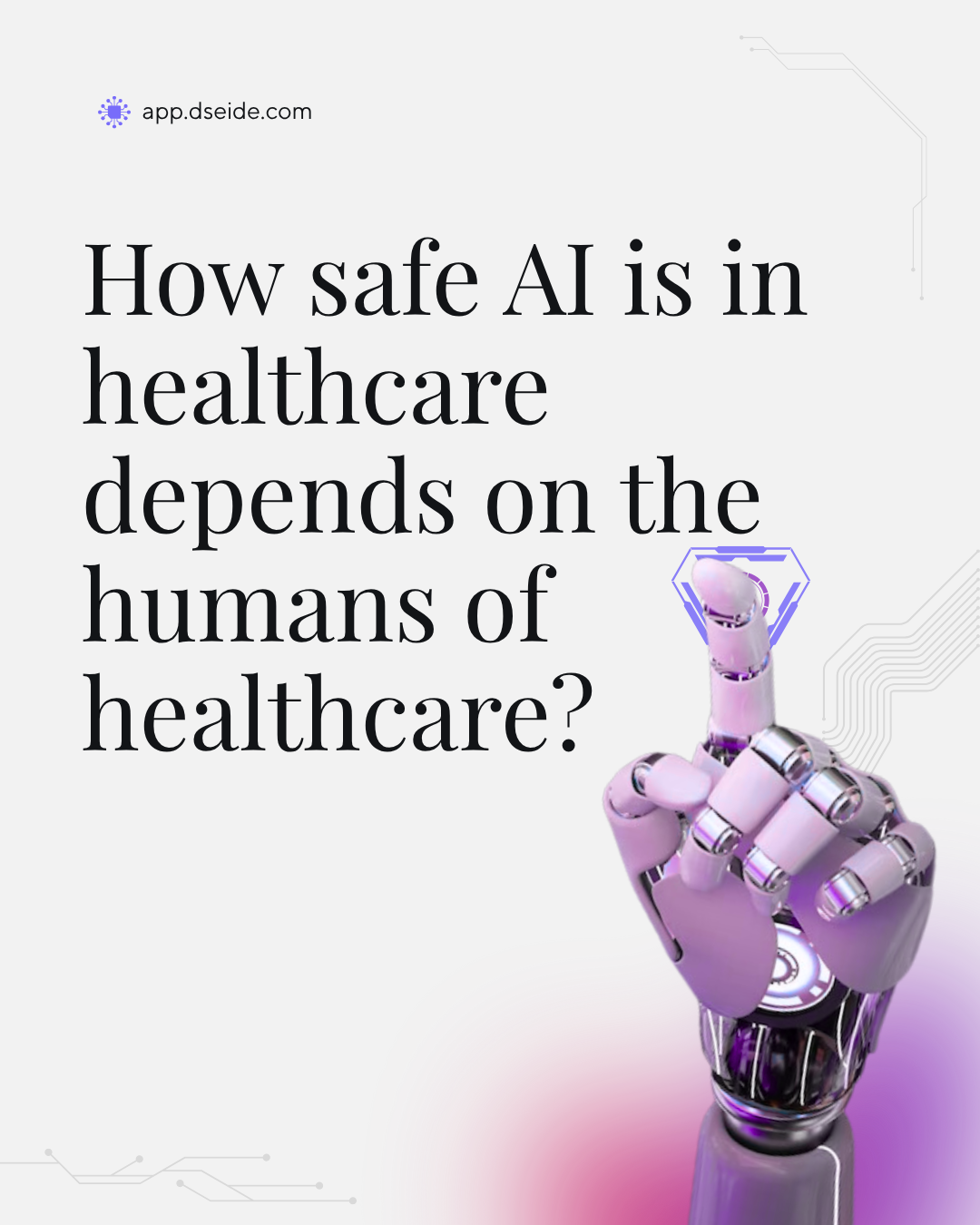From foetal ultrasound dating and high-risk-pregnancy guidance to virtual autopsies and clinical chatbots AI tools are quietly reshaping Indian healthcare.
Researchers at IIT-Madras and the Translational Health Science and Technology Institute in Faridabad are developing an artificially intelligent (AI) model to use ultrasonography pictures to predict the age of a growing foetus. Called Garbhini-GA2, the model was trained on scans from about 3,500 pregnant women who had visited the Gurugram Civil Hospital in Haryana. Each scan labelled different parts of the foetus, its size, and its weight — measures that can be used to predict a foetus’s age.
After the training, team members tested it with (unlabelled) scans from 1,500 pregnant women who had visited the same hospital and around 1,000 pregnant women who had visited the Christian Medical College Vellore. They found Garbhini-GA2 erred on the age of the foetus by only half a day. This is a significant improvement over the most common method today: using Hadlock’s formula. Because the formula is based on data from Caucasian populations, it has been known to miss the age of the foetus in India by up to seven days, according to the IIT-Madras team.
SOURCE- THE HINDU
#Healthcare #AIinHealthcare #AIsaftey #Humanhealth
Researchers at IIT-Madras and the Translational Health Science and Technology Institute in Faridabad are developing an artificially intelligent (AI) model to use ultrasonography pictures to predict the age of a growing foetus. Called Garbhini-GA2, the model was trained on scans from about 3,500 pregnant women who had visited the Gurugram Civil Hospital in Haryana. Each scan labelled different parts of the foetus, its size, and its weight — measures that can be used to predict a foetus’s age.
After the training, team members tested it with (unlabelled) scans from 1,500 pregnant women who had visited the same hospital and around 1,000 pregnant women who had visited the Christian Medical College Vellore. They found Garbhini-GA2 erred on the age of the foetus by only half a day. This is a significant improvement over the most common method today: using Hadlock’s formula. Because the formula is based on data from Caucasian populations, it has been known to miss the age of the foetus in India by up to seven days, according to the IIT-Madras team.
SOURCE- THE HINDU
#Healthcare #AIinHealthcare #AIsaftey #Humanhealth
From foetal ultrasound dating and high-risk-pregnancy guidance to virtual autopsies and clinical chatbots AI tools are quietly reshaping Indian healthcare.
Researchers at IIT-Madras and the Translational Health Science and Technology Institute in Faridabad are developing an artificially intelligent (AI) model to use ultrasonography pictures to predict the age of a growing foetus. Called Garbhini-GA2, the model was trained on scans from about 3,500 pregnant women who had visited the Gurugram Civil Hospital in Haryana. Each scan labelled different parts of the foetus, its size, and its weight — measures that can be used to predict a foetus’s age.
After the training, team members tested it with (unlabelled) scans from 1,500 pregnant women who had visited the same hospital and around 1,000 pregnant women who had visited the Christian Medical College Vellore. They found Garbhini-GA2 erred on the age of the foetus by only half a day. This is a significant improvement over the most common method today: using Hadlock’s formula. Because the formula is based on data from Caucasian populations, it has been known to miss the age of the foetus in India by up to seven days, according to the IIT-Madras team.
SOURCE- THE HINDU
#Healthcare #AIinHealthcare #AIsaftey #Humanhealth




